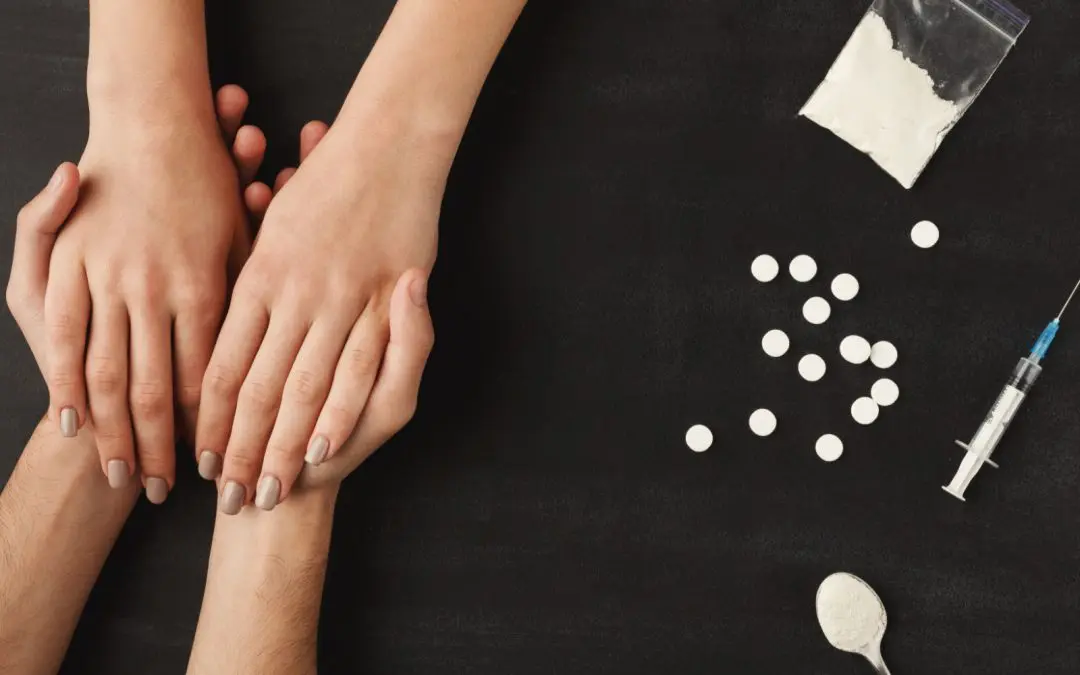24/7 Helpline:
(866) 899-111424/7 Helpline:
(866) 899-1114
Other Insurance Options

Amerigroup

PHCS Network

EmblemHealth

AllWell

CareFirst
Beacon

Private insurance

Horizon Healthcare Service

Health Net

Evernorth

Ambetter

State Farm

UnitedHealth Group

Molina Healthcare

WellPoint

GEHA

MVP Healthcare

Aetna

Multiplan

MHNNet Behavioral Health


Human Services – Boot Road
Human Services – Boot Road is a private rehab located in Downingtown, Pennsylvania. Human Services –...

CareLink Community Support Services – Downingtown
CareLink Community Support Services – Downingtown is a private rehab located in Downingtown, Pennsyl...

Bowling Green Brandywine Treatment Center
Bowling Green Brandywine Treatment Center offers inpatient and outpatient addiction treatment to tho...

Recovery Centers of America at Devon
Recovery Centers of America at Devon is a 12 step focused, luxury drug and alcohol rehab for adults ...

Innovative Counseling Associates
Innovative Counseling Associates is a private rehab located in Pottstown, Pennsylvania. Innovative C...

Rehab After Work
Rehab After Work provides adult, young adult, and adolescent Intensive Outpatient programs. Rehab Af...

Creative Health Services
Creative Health Services is a private rehab located in Pottstown, Pennsylvania. Creative Health Serv...

Penn Psychiatric Center
Penn Psychiatric Center is a private rehab located in Phoenixville, Pennsylvania. Penn Psychiatric C...

Penn Foundation Behavioral Health Services
Penn Foundation Behavioral Health Services is a private rehab located in Pottstown, Pennsylvania. Pe...

Pottstown Comprehensive Treatment Center
Pottstown Comprehensive Treatment Center is a private rehab located in Pottstown, Pennsylvania. Pott...

Chimes – Holcomb Behavioral Health Systems
Chimes – Holcomb Behavioral Health Systems is a drug and alcohol rehab located in Exton, PA. They pr...

Community Service Foundation & Buxmont Academy
Community Service Foundation - Buxmont Academy is a non-profit rehab located in Pottstown, PA. Commu...

Pennsylvania Recovery Center
Pennsylvania Recovery Center is a private rehab located in Phoenixville, Pennsylvania. Pennsylvania ...

Alternative Counseling Associates
Alternative Counseling is a private rehab located in Pottstown, PA. Alternative Counseling specializ...






















































































































































































































































































































































































































































































































































































































Devereux Advanced Behavioral Health – Brandywine Programs
Devereux Advanced Behavioral Health - Brandywine Programs' residential treatment provides 24 hour, o...

Rehab After Work
Rehab After Work is located in Phoenixville, Pennsylvania. Rehab After Work offers Intensive Outpati...

AA – Alcoholics Anonymous
AA – Alcoholics Anonymous is a non-profit rehab located in Pottstown, Pennsylvania. AA – Alcoholics ...

Alpha and Omega Counseling
Alpha and Omega Counseling is a private rehab located in Pottstown, Pennsylvania. Alpha and Omega Co...

Center for Addictive Diseases
Center for Addictive Diseases is a private rehab located in Exton, Pennsylvania. Center for Addictiv...

ACT Interventions
ACT Interventions is a private rehab located in Exton, Pennsylvania. ACT Interventions specializes i...

Creative Health Systems – Case Management
Creative Health Systems – Case Management is a private rehab located in Pottstown, Pennsylvania. Cre...

Chester County Council on Addictive Diseases
Chester County Council on Addictive Diseases is a public rehab located in Exton, Pennsylvania. Chest...

Spirit of Gheel
Spirit of Gheel is a private rehab located in Spring City, Pennsylvania. Spirit of Gheel specializes...

NHS Counseling
NHS Counseling is a private rehab located in Kennett Square, Pennsylvania. NHS Counseling specialize...

Devereux Behavioral Health Services – Outpatient and Evidence Based Services
Devereux Behavioral Health Services - Outpatient and Evidence-Based Services' dedicated therapists p...

Chimes – Holcomb Behavioral Health Systems
Chimes - Holcomb Behavioral Health Systems provides services for children and adults who may be deal...

Chimes – Holcomb Behavioral Health Systems
Chimes - Holcomb Behavioral Health Systems provides services for children and adults who may be deal...

Progressions Behavioral Health Services – Pottstown
Progressions Behavioral Health Services is an outpatient treatment program that provides services to...

Rehab After Work
Rehab After Work offers intensive outpatient and outpatient treatment for adolescents and adults wit...

Chester Counseling Center
Chester Counseling Center is a private rehab located in Phoenixville, Pennsylvania. Chester Counseli...










































































































































